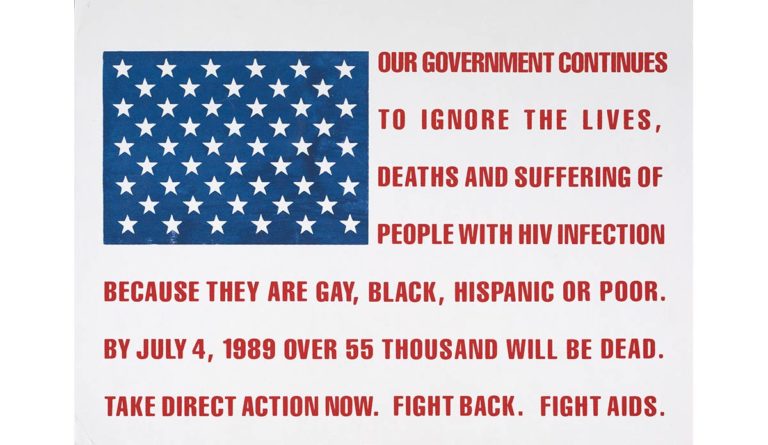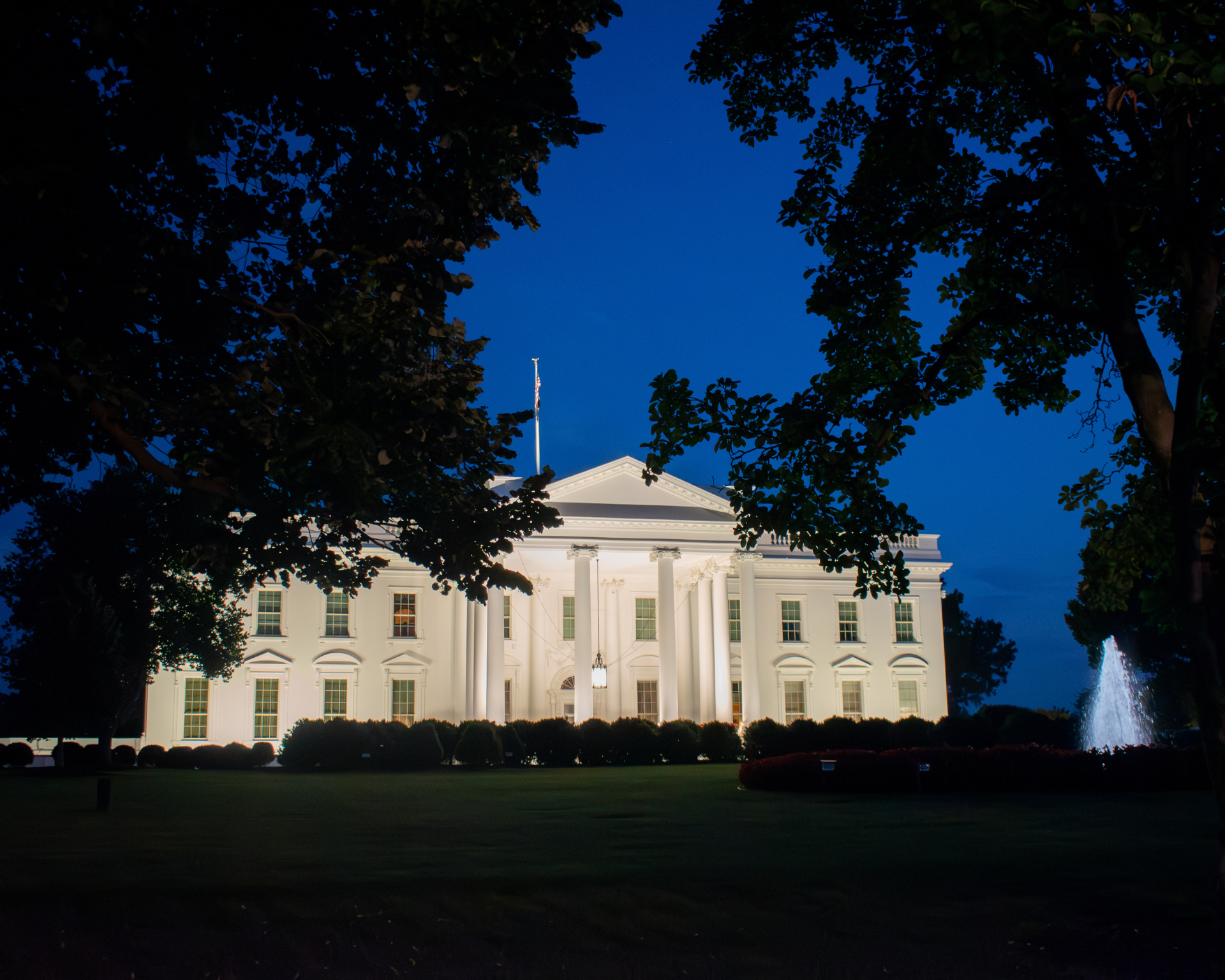The Politics of HIV Self-Management
The real consequences of politics: people living with HIV are uneasy about what their daily life might look like in the politics and policies of the future.

Read Time: 5 minutes
Published:
Political discussions are seeping into everyday life. Stories abound about “post-election stress” or liberals despairing over current politics. These political conversations are permeating my own work as an anthropologist and public health researcher. My research focuses on understanding the lives of people living with HIV, to learn how to best improve their healthcare and ability to self-manage. It is not unusual for me to interview people in their homes and have in-depth discussions about their lives. Conversations at the start of a research interview used to be about the weather or the neighborhood – to build rapport between the interviewer and interviewee. My current fieldwork is distinctly different. Since the late summer, I have had several conversations turn sharply toward politics.
Politics are being brought into conversations about managing HIV. During my fieldwork, several people have launched, unprompted and almost immediately, into discussing the current administration. Sometimes, the concerns are directly tied to accessing HIV care. A mental health provider lamented that the political atmosphere was reducing participation in an HIV-specific mental health group, and more generally patients were retreating from care. A patient living with HIV wanted to spend the interview talking about politics instead of his health. Another wondered about his ability to continue receiving his medications under the “current administration,” and even worried that his healthcare might be taken from him. And yet another participant reflected on his history in the gay rights movement, and tied this to the current political environment. From these people, I have learned that this is an especially unsettling time for those living with HIV.
People living with HIV are uneasy about what their daily life might look like in the politics and policies of the future. There are many sources of concern: health insurance, accessing healthcare, support services, LGBTQ+ rights. These concerns are not unfounded. Proposed changes to the ACA and increased discrimination were brought to the surface during the election season and subsequent election result. Additionally, there is fear about support services. For example Ryan White funding provides services for many Americans living with HIV, and might be reduced or terminated. Those with long histories of living with HIV remember the tensions with the federal government about availability of treatment options.
While panicked liberals may be avoiding social media, people living with HIV are avoiding care.
We are already starting to see proposals to change HIV-related policies, with the elimination of foreign aid and a proposal to limit access to PrEP here at home. Moreover, some individuals living with HIV are members of the LGBTQ+ community. Those who are older have memories of the gay rights movement, and have been closely watching this administration’s handling of LGBTQ+ issues. Currently, the transgender bathroom case has gained national attention after the ACLU and Gavin Grimm, a 17 year old from Virginia, brought a case to the Supreme Court. The current administration, while in the past largely silent or inconsistent in their stance on LGBTQ+ rights, has attempted to dismantle LGBTQ+ protections put in place by the Obama administration. Under the current administration, health-relevant policy changes have begun, such as removal of survey questions collected by the U.S. Department of Health and Human Services to track health outcomes of LGBTQ+ Americans.
Ethnographic methods of interviewing and observing people within their sociocultural contexts allows for an understanding of health enacted within daily life. The information I gather through my research, provides insight into the life context within which people self-manage their HIV. Syndemics provides a framework to synthesize these sometimes seemingly disparate pieces of “data.” The name reflects understanding an epidemic, like HIV/AIDs, within the sociocultural contexts of poverty or violence. It affords an understanding that diseases and social factors can work together to synergistically exacerbate the negative effects of disease-context interactions.
The current context for many people living with HIV is political.
While panicked liberals may be avoiding social media, people living with HIV are avoiding care. . People living with HIV may be isolating themselves to avoid stigma and retreating from care. This places them at greater risk for feeling hopeless and can have dire consequences for access to care, the ability to self-manage, promote risky behaviors, or increase substance use to deal with anxiety.
A contextually sensitive, syndemics framework urges us to acknowledge the complexity of disease by understanding the social, economic, environmental, or possibly socio-political factors that influence health. While we can’t change the political context, there may be more immediate steps people living with HIV can take. If a cure for post-election stress is engaging in meaningful activities, people living with HIV might benefit from becoming involved in organizations they care about. And I, as public health researcher, will acknowledge how politics can have real consequences for people living with HIV.
The author wishes to acknowledge the contributions to this article by Ashley R. Houston, MS, Medical Anthropology, Boston University School of Medicine (’16), and Allen L. Gifford, MD, Professor of Public Health and Medicine, Boston University.
Feature image: Manuscripts and Archives Division, The New York Public Library. “Our government continues to ignore the lives…”, The New York Public Library Digital Collections. 1996-1997. Image created by ACT UP New York, 1980 (approximate).



